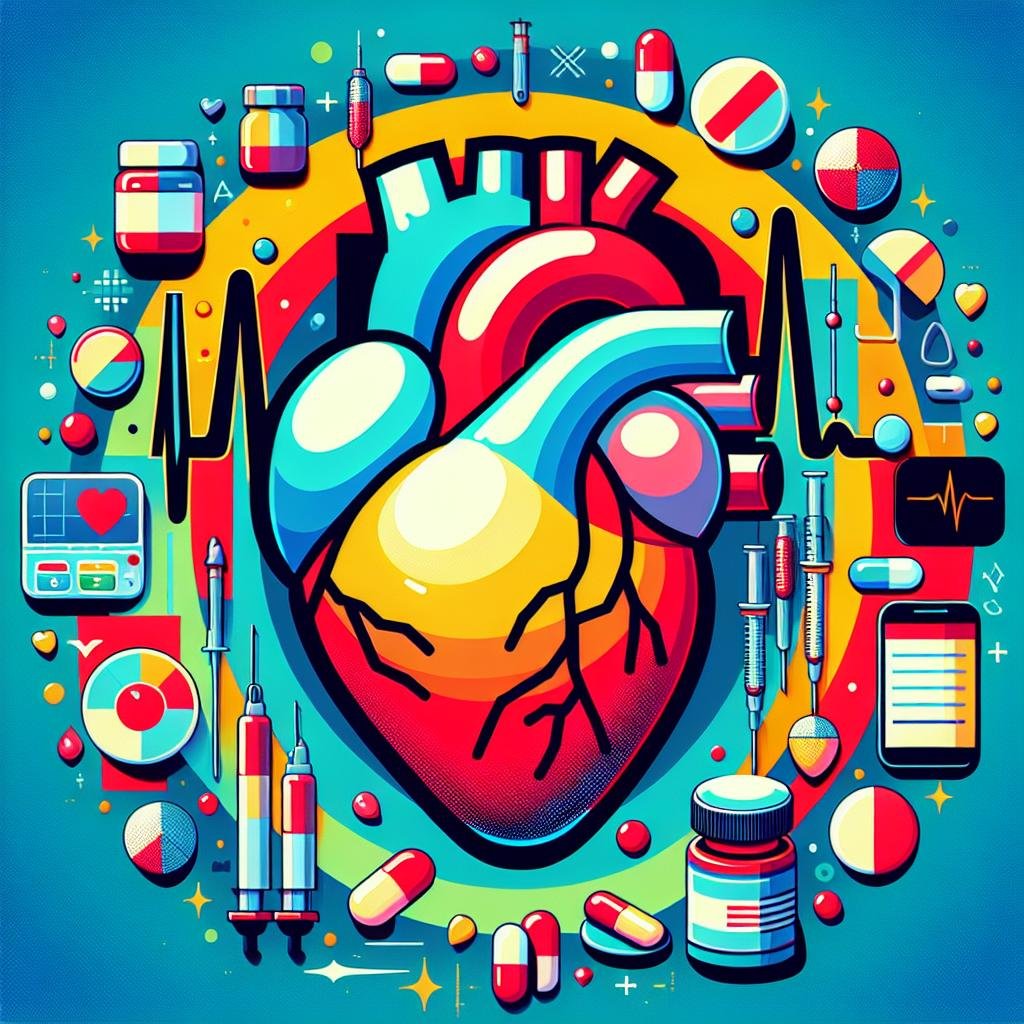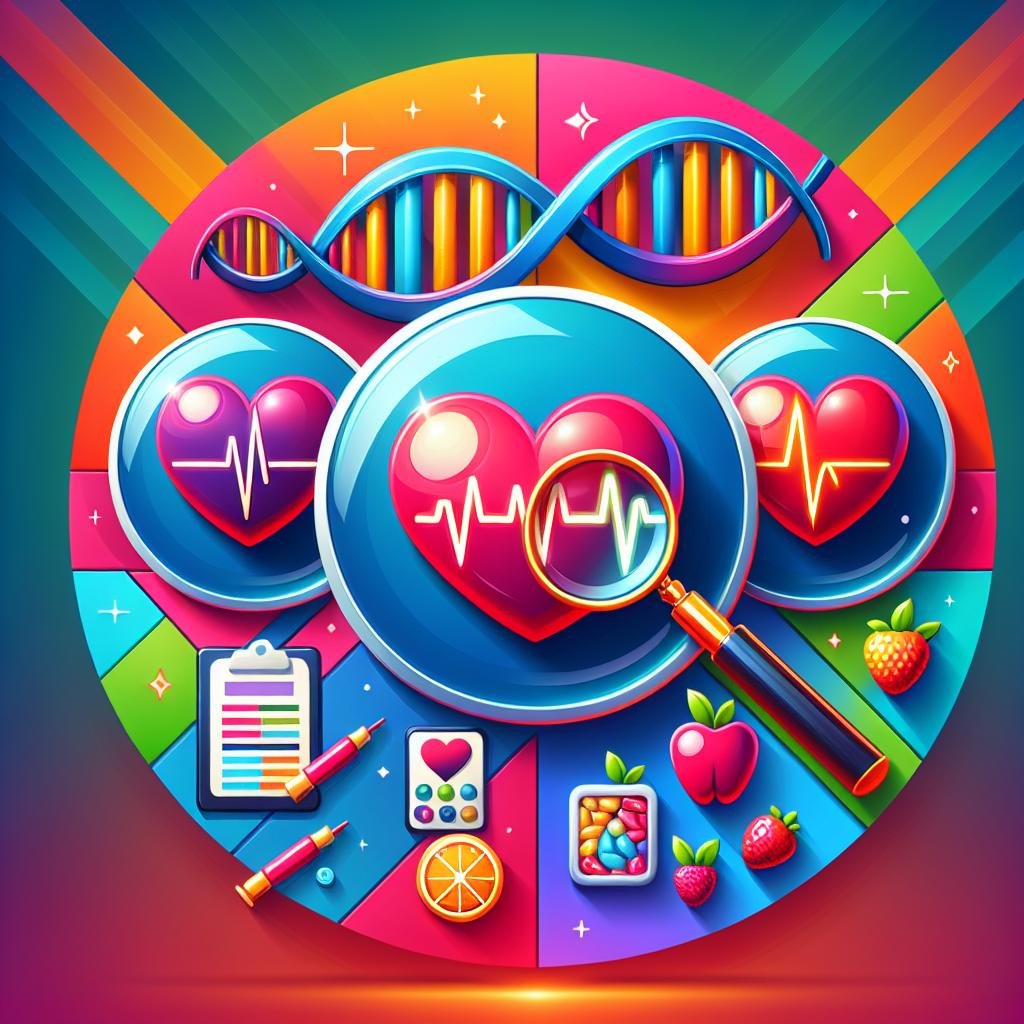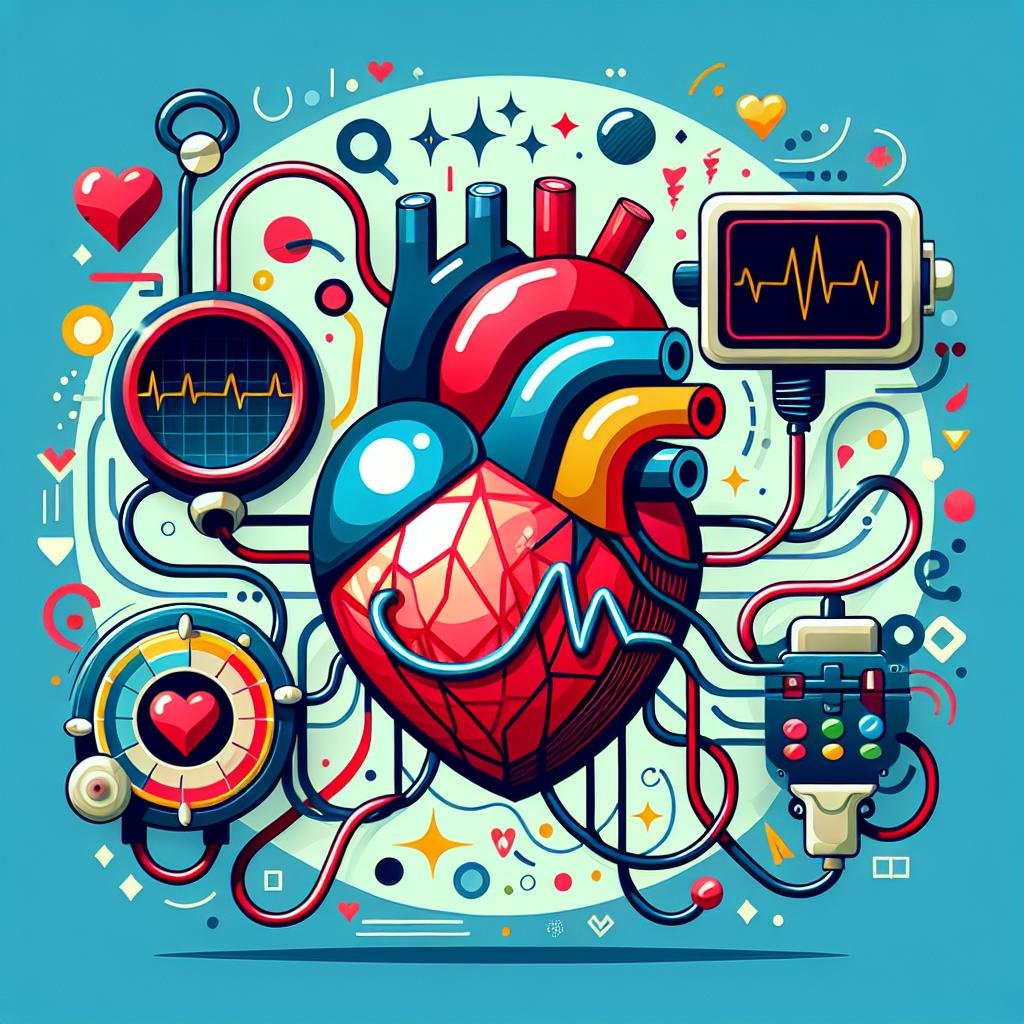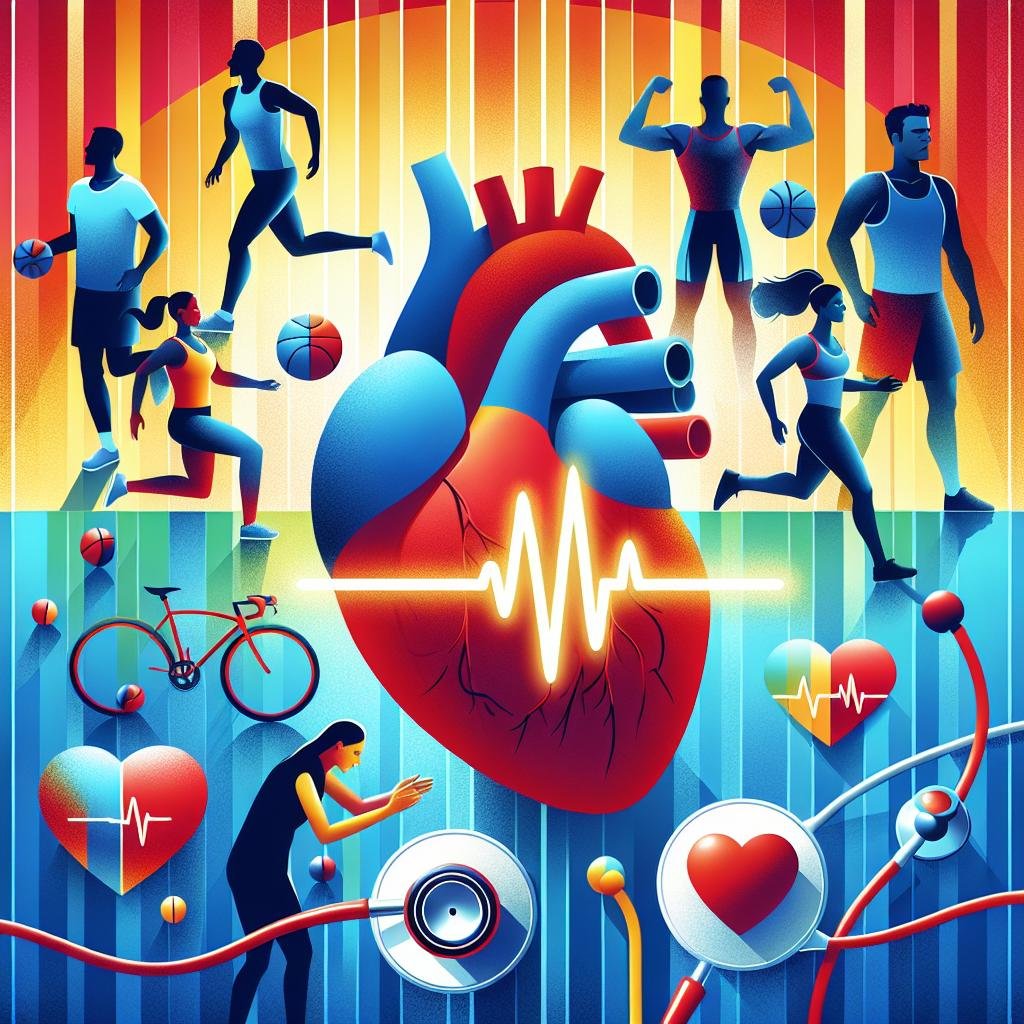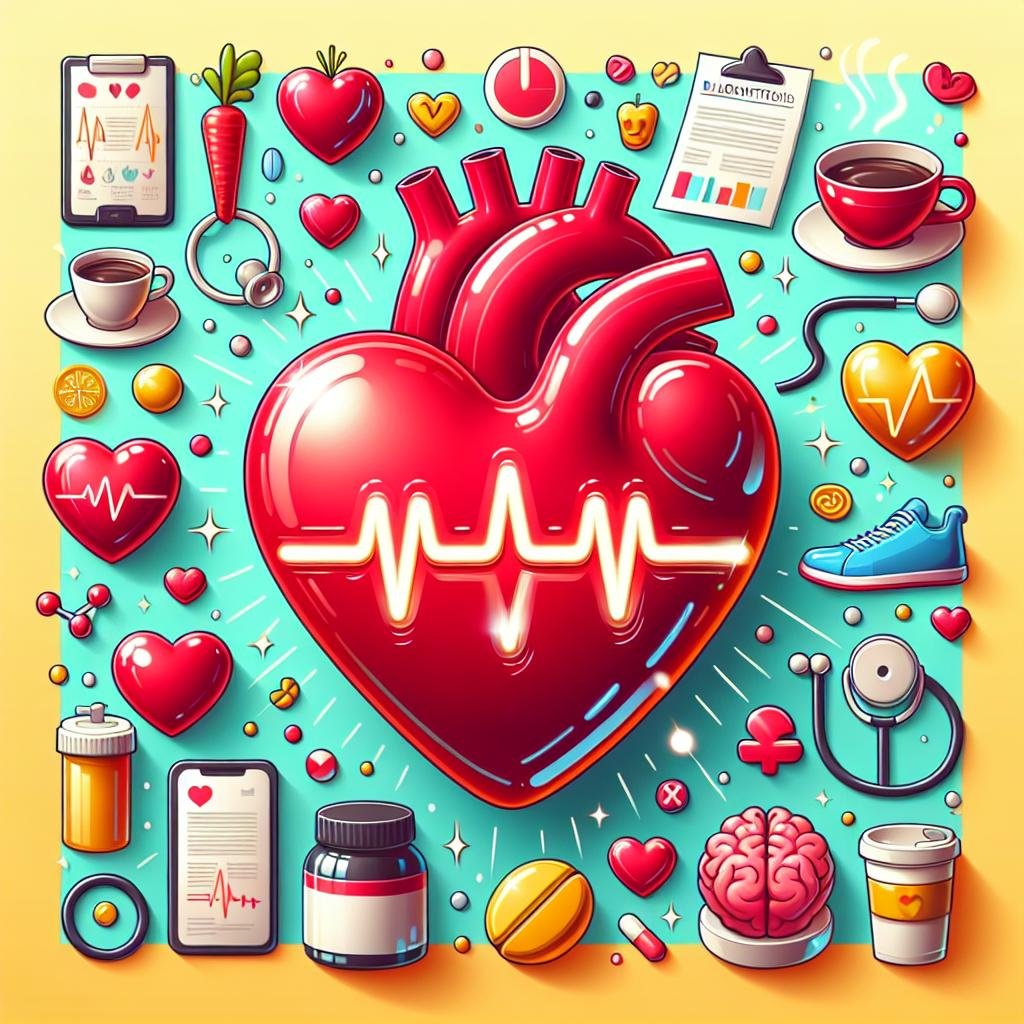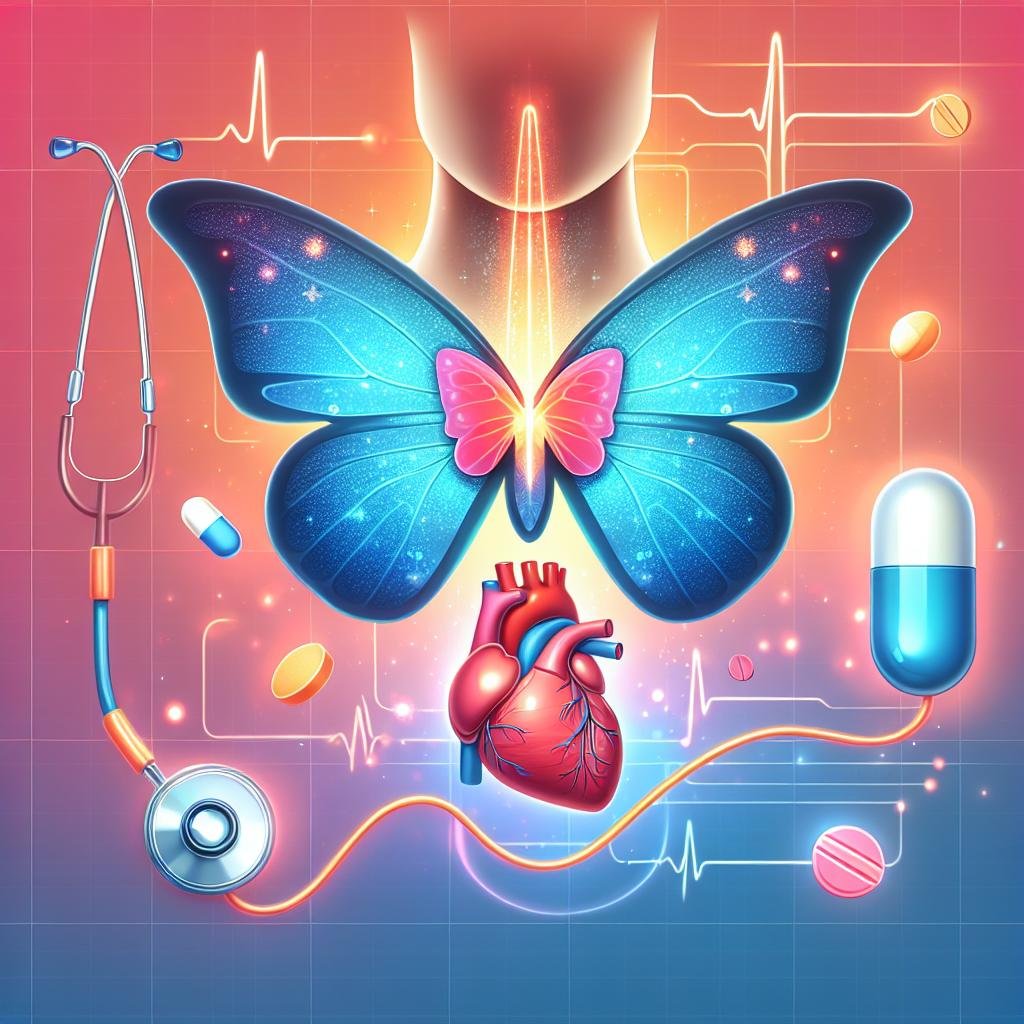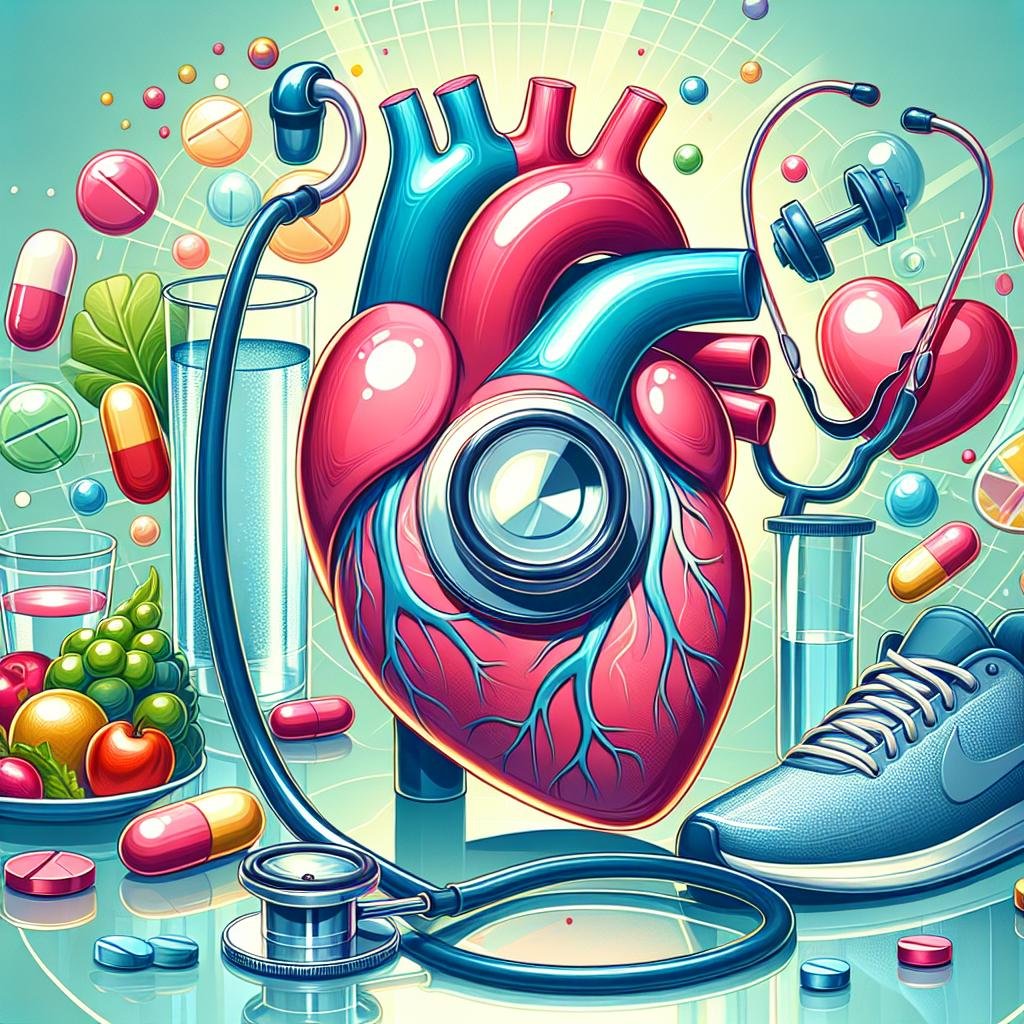Managing Arrhythmia-Related Anxiety and Depression
Introduction Heart arrhythmias are a common condition that affects millions of people around the world. An arrhythmia is when the heart beats in an abnormal way, which can mean it’s beating too fast, too slow, or in an irregular pattern. While some types of arrhythmias are harmless and don’t cause any problems, others can be […]
Managing Arrhythmia-Related Anxiety and Depression Read More »

